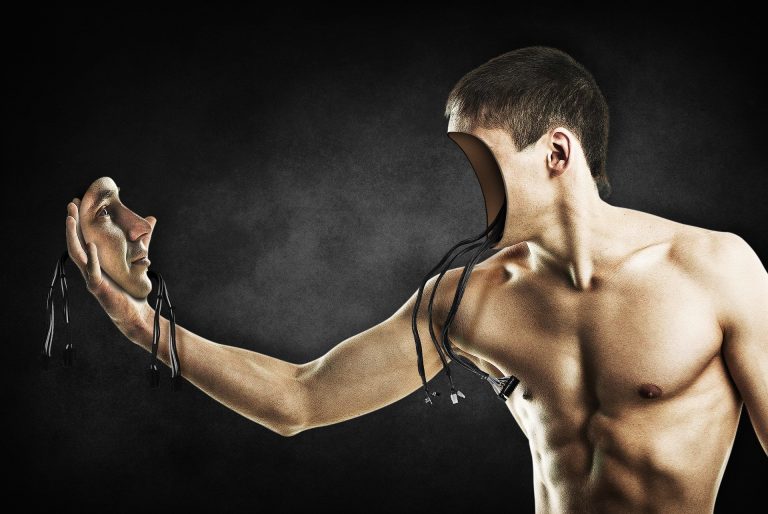
“Nothing is beautiful, except man alone: all aesthetics rests upon this naïveté, which is its first truth. Let us immediately add the second: nothing is ugly except the degenerating man — and with this the realm of aesthetic judgment is circumscribed. Physiologically, everything ugly weakens and saddens man. It reminds him of decay, danger, impotence; it actually deprives him of strength. One can measure the effect of the ugly with a dynamometer. Wherever man is depressed at all, he senses the proximity of something “ugly.” His feeling of power, his will to power, his courage, his pride — all fall with the ugly and rise with the beautiful. In both cases we draw an inference: the premises for it are piled up in the greatest abundance in instinct. The ugly is understood as a sign and symptom of degeneration: whatever reminds us in the least of degeneration causes in us the judgment of “ugly.” Every suggestion of exhaustion, of heaviness, of age, of weariness; every kind of lack of freedom, such as cramps, such as paralysis; and above all, the smell, the color, the form of dissolution, of decomposition — even in the ultimate attenuation into a symbol — all evoke the same reaction, the value judgment, “ugly.” A hatred is aroused — but whom does man hate then? There is no doubt: the decline of his type. Here he hates out of the deepest instinct of the species; in this hatred there is a shudder, caution, depth, farsightedness — it is the deepest hatred there is. It is because of this that art is deep.”
―
In this quotation from Friedrich Nietzsche, he explores the psychological and physiological impact of the concept of ugliness on human beings. Nietzsche suggests that when we encounter something aesthetically unpleasing or “ugly,” it has a detrimental effect on our well-being.
From a physiological perspective, Nietzsche argues that ugliness weakens and afflicts individuals. When we perceive something as ugly, it evokes negative emotions and associations such as decay, danger, and impotence. These negative connotations have a direct impact on our energy levels and well-being. In the presence of ugliness, Nietzsche asserts that we experience a loss of energy, which can be quantified or measured with a dynamometer, a device used to assess physical force or power.
Furthermore, Nietzsche claims that the effects of ugliness extend beyond the physical realm and have psychological implications. He suggests that when we feel depressed or down, we can sense the proximity of something ugly. This implies that the presence of ugliness exacerbates negative emotions and contributes to a decrease in personal strength and motivation.
On the other hand, Nietzsche contrasts the effects of ugliness with those of beauty. He argues that when we encounter something beautiful, it has the opposite effect on us. Beauty, in Nietzsche’s view, enhances our well-being and strengthens us. It inspires positive emotions and associations such as power, courage, and pride. The experience of beauty, according to Nietzsche, leads to an increase in our overall energy, will to power, and self-confidence.
In summary, Nietzsche’s quotation suggests that the encounter with ugliness weakens and afflicts individuals both physiologically and psychologically. It drains our energy and contributes to a decline in personal strength and motivation. In contrast, the experience of beauty has the opposite effect, increasing our energy, will to power, and overall well-being.

